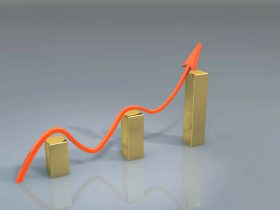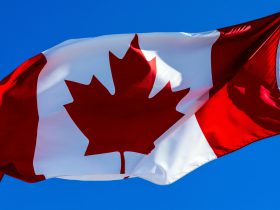TOKYO (Reuters) – Japanese household spending fell unexpectedly in May as higher prices continued to squeeze consumers’ purchasing power, data showed on Friday, complicating the central bank’s decision on how quickly to raise interest rates.
Many analysts expect consumption to rebound in the coming months, after big wage increases offered by companies and a tax break aimed at softening the blow from rising living costs hit families.
The Bank of Japan (BOJ) will highlight how wage increases are spreading, including at smaller firms, in a report due later this month, sources told Reuters, a trend that strengthens the case for a short-term interest rate increase.
But Friday’s soft reading underscores the fragile nature of consumer activity and casts doubt on the BOJ’s view that a sustained economic recovery will long-term keep inflation around its 2% target – a prerequisite for raising interest rates.
“The BOJ has said all along that consumption is strong. Today’s data could force the bank to change that view and make it difficult to justify a rate hike in July,” said Masato Koike, senior economist at the Sompo Institute. Plus.
Consumer spending fell 1.8% in May from a year earlier, well below the average market forecast for a 0.1% rise, as rising food prices weighed on spending on other items, the data showed.
A separate index compiled by the BOJ on Friday, which strips out the impact of inbound tourism, also showed consumption was unchanged in May from last month, slowing from a 1.0% gain in April.
INCREASE IN INFLATION
The weak reading followed a surprise downward revision to Japan’s first-quarter gross domestic product (GDP) and a slew of surveys showing worsening consumer sentiment.
BOJ Governor Kazuo Ueda has said he expects consumption to rebound as household incomes get a boost from wage increases offered by employers and government subsidies to curb electricity bills.
Japanese firms offered pay rises of 5.1% on average this year, the biggest increase in 33 years and far outstripping inflation now at around 2%, a survey of labor unions showed on Wednesday.
Many analysts expect the BOJ to hold off on raising rates this month to wait for more evidence that rising wages will spread to smaller firms and boost consumption.
But some think rising inflation, fueled in part by a weak yen pushing up import costs, could prompt the central bank to act.
“The BOJ will probably stick to its view that the weakness in consumption will be temporary,” said Mari Iwashita, chief market economist at Daiwa Securities.
The story continues
“It may even decide to raise rates in July if it sees rising inflation as the main factor hurting consumption.”
The BOJ next meets for a policy meeting on July 30-31, when it will also produce new quarterly growth and price forecasts that serve as the basis for setting future monetary policy.
Japan’s economy shrank more than initially reported in the January-March quarter in a rare and unplanned revision of GDP data. But many economists expect growth to rebound this quarter thanks to higher wages and robust capital spending.
(Reporting by Satoshi Sugiyama and Leika Kihara; Additional reporting by Tetsushi Kajimoto; Editing by Stephen Coates and Helen Popper)
By Satoshi Sugiyama and Leika Kihara
Image Source : https://www.pexels.com/







Leave a Reply